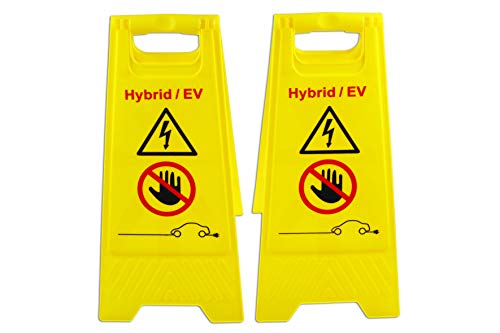Hello all,
I wanted to show my 12V setup.
Long story: About 6 years ago, a friend and fellow Mitsubishi I-MiEV owner picked up a tiny lithium motorcycle battery at a garage sale. He bought it super cheap and didn't need it so he gave it to me since he knew I was into lithium batteries. I also didn't have a use for it at the time so I shelved it after making sure it had good storage voltage. A couple of years later the 12V battery died on my I-MiEV. After researching the cost for a new one I decided to put the 7Ah Shorai battery in there to see what would happen. I made some wires for it, hooked them up and what-do-ya-know, it worked! I glued it down with silicone rtv adhesive to the stock tray so it wouldn't move around. Worked fine for two years until I got bored with it. I bought a 20Ah battery from Amazon to replace it since I thought it would make a great substitute for lead acid for others. Since 7Ah would be hard sell I supersized it. I've been using the 20Ah battery for a couple of years now with no issues. Bear in mind I live in Texas. I also keep my car in a garage where it rarely gets below 50F. I even converted a Nissan Leaf and 500E I owned last year with perfect results.
SO, if you are adventurous and would like to have a 13.8 resting voltage on the 12V battery then this might be for you. If it gets below freezing where the car sits then you might devise an insulation package to keep it warm. I would just print a jacket for it.

This is actually a friend's car. I bought tapered brass battery terminals with 6mm studs so make the install very stock-like.
Proceed at your own risk but I will always use lithium batteries for my low voltage duty on an EV.
I wanted to show my 12V setup.
Long story: About 6 years ago, a friend and fellow Mitsubishi I-MiEV owner picked up a tiny lithium motorcycle battery at a garage sale. He bought it super cheap and didn't need it so he gave it to me since he knew I was into lithium batteries. I also didn't have a use for it at the time so I shelved it after making sure it had good storage voltage. A couple of years later the 12V battery died on my I-MiEV. After researching the cost for a new one I decided to put the 7Ah Shorai battery in there to see what would happen. I made some wires for it, hooked them up and what-do-ya-know, it worked! I glued it down with silicone rtv adhesive to the stock tray so it wouldn't move around. Worked fine for two years until I got bored with it. I bought a 20Ah battery from Amazon to replace it since I thought it would make a great substitute for lead acid for others. Since 7Ah would be hard sell I supersized it. I've been using the 20Ah battery for a couple of years now with no issues. Bear in mind I live in Texas. I also keep my car in a garage where it rarely gets below 50F. I even converted a Nissan Leaf and 500E I owned last year with perfect results.
SO, if you are adventurous and would like to have a 13.8 resting voltage on the 12V battery then this might be for you. If it gets below freezing where the car sits then you might devise an insulation package to keep it warm. I would just print a jacket for it.

This is actually a friend's car. I bought tapered brass battery terminals with 6mm studs so make the install very stock-like.
Proceed at your own risk but I will always use lithium batteries for my low voltage duty on an EV.
Last edited:




































